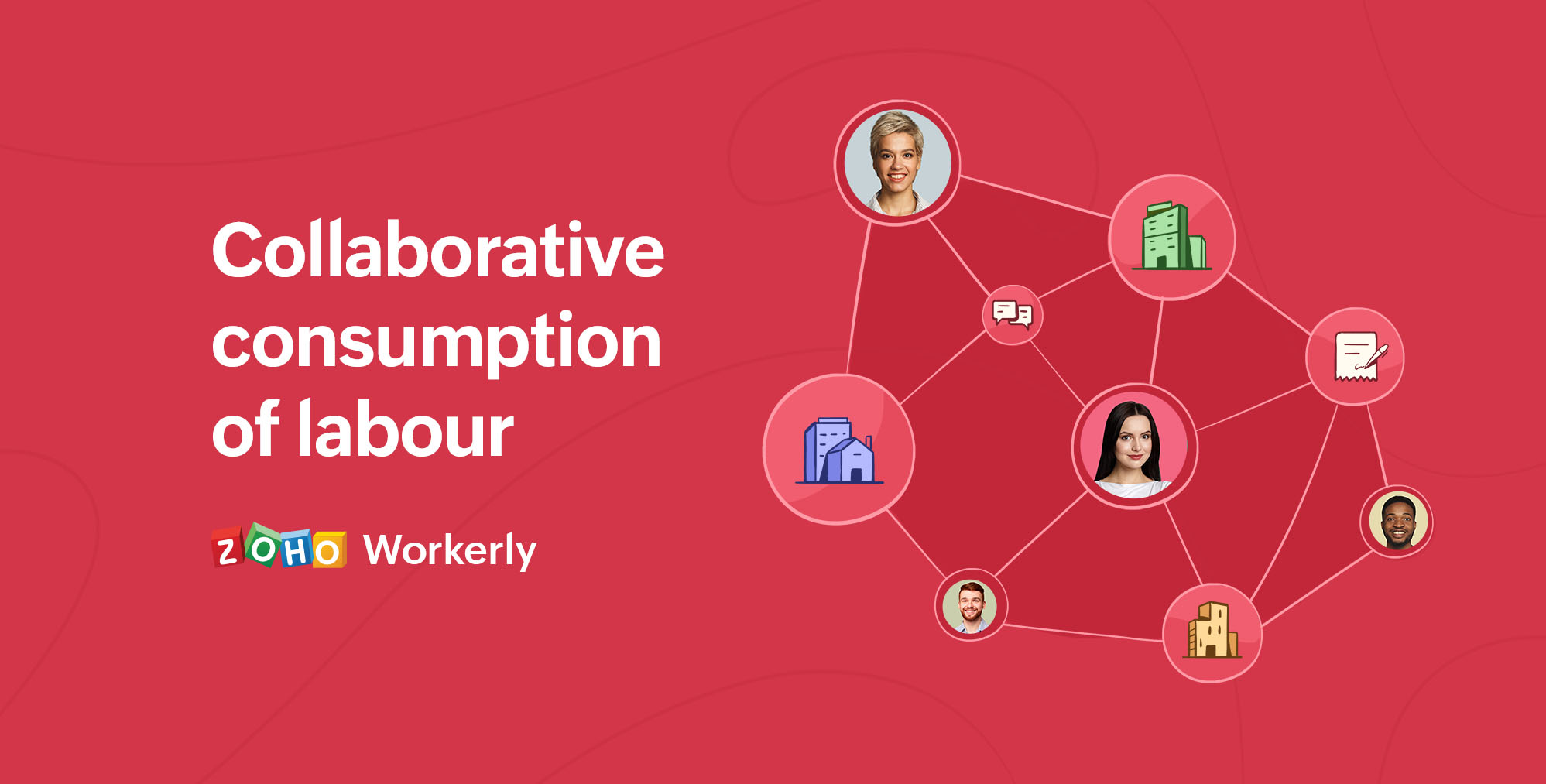
The connection between employers and staff is reforming constantly. It’s changing into much less transactional and extra about sharing and collaboration. In accordance with the 2017 PWC research, 60% of survey respondents from India, China, Germany, the US, and the UK imagine that only a few folks may have a secure, long-term earnings sooner or later.
Why ought to companies think about collaborative consumption of labor?
Shared labor and the gig economic system are rising in popularity, as they promote mobility and convey assets from the place there’s surplus to the place there’s a want. This could in flip assist overcome the labor scarcity, stabilize the workforce, promote environment friendly use of underutilized assets, and cut back layoffs.
How do the employees stand to profit?
Contingent employees get to work on their very own phrases by selecting their work, their work timing, and generally additionally offering different assets which might be required to render the service. Gig employees use digital platforms to seek out prospects that search for their providers, whereas cloud employees make requests on-line utilizing on-line job markets and tackle freelance roles.
The function of peer-to-peer (P2P) platforms
Sure on-line platforms mediate this by bringing collectively people who find themselves on the lookout for a specific service and assets that may present this service. Contingent employees can now work on demand by way of these platforms that delegate and outsource work. These platforms present particular options that foster social belief and provides jobs to those that want them, making useful resource utilization extra environment friendly.
In search of assets on-line makes it simpler so that you can discover expertise which in any other case is likely to be difficult to supply regionally. Gig work additionally occurs to be inexpensive and may also help you get your work finished sooner.
Whereas P2P platforms have the potential to be extremely inclusive, some socially excluded teams are unaware of digital labor and fail to take part. The first cause for that is the dearth of skill to make the most of expertise. In accordance with a paper on employment and social affairs by the European parliament, a lot of the employees who’re part of the collaborative economic system occur to be extremely educated and are underemployed or self-employed.
Settling set backs
Privateness considerations
For the reason that on-demand economic system requires each the employees and shoppers to share their knowledge with none authorized framework to guard it, privateness turns into an enormous concern. Zoho Workerly is compliant with the GDPR and helps handle consent.
Lack of readability on employment safety legal guidelines
Since temp employees should not technically staff, there’s a number of confusion round minimal wage legal guidelines, the foundations that govern employment businesses, and what insures employee security and safety. Usually, businesses grow to be the employer on document and are liable in case one thing goes unsuitable. With a view to deliver readability to those points, Workerly gives choices for the businesses to outline their phrases and circumstances.
Taxes and funds
Getting common funds stays an enormous concern for temp employees. Workerly helps you streamline this by producing time sheets and invoices for all jobs carried out by temps. Workerly’s integration with Zoho Books additionally gives you with totally different bill templates, which could be custom-made and used for sector particular taxes.
Security and safety
When strangers come collectively on a platform, you will need to set up belief by offering final security and safety. Past utilizing person evaluations and suggestions, it is likely to be useful to conduct a radical background examine on all temps earlier than hiring them. Zoho Recruit’s integration with Checkr eases this course of.
In conclusion
The collaborative economic system is a quick rising pattern that clearly has distinctive advantages that different employment modalities could not supply. Nonetheless, the processing and implementation of this sort of labor wants energetic intervention and refinement. If dealt with accurately, the shared economic system has the potential to work in favor of companies, employees, and shoppers.





